|
|
|
|
Set sail northwards from the Shetland Isles and after 400 miles you’ll cross the Arctic Circle. Travel a further 800 miles, deep into the Arctic, and you will eventually reach the ice-covered archipelago of Svalbard, one of the most remote inhabited places on Earth. Svalbard is perhaps best known for its polar bears and ecotourism, but it’s also well known among climate scientists for its huge and relatively easily studied glaciers, which unfortunately find themselves in one of the fastest-warming parts of the world. Brice Noël and Michiel van den Broeke report on their latest research and explain why Svalbard is particularly vulnerable to climate change. Eventually the glaciers will recede, they
say, and the landscape will start to resemble modern-day Iceland.
In other parts of the world, urban slums create complex challenges for governments which, argues Jessica Kritz, they cannot resolve alone. These complex problems can be solved through cross-sector collaboration, with communities and citizens articulating their needs and then partnering with governments and NGOs to address them. She uses Old Fadama, the informal settlement in Accra, Ghana, as a case study of what’s possible, and makes a
case for participatory action research to engender cross-sector collaboration.
|
Will de Freitas
Environment + Energy Editor
|

|
|
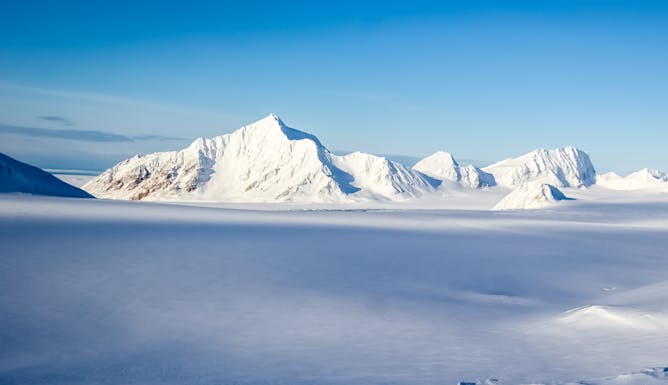
Kris Grabiec / shutterstock
Brice Noël, Utrecht University; Michiel van den Broeke, Utrecht University
Our research found these remote Arctic islands are particularly vulnerable to climate change.
|
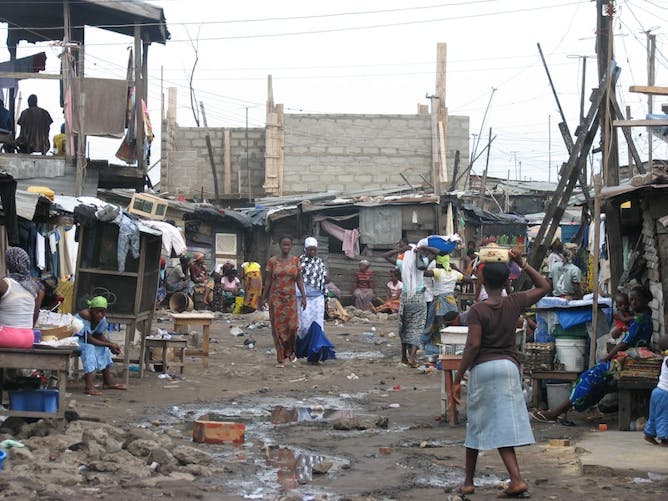
The settlement of Old Fadama has reinvented itself
Wikimedia Commons
Jessica Kritz, Georgetown University
In cross-sector collaboration, communities and citizens articulate their needs and then partner with governments and NGOs to address these self-identified problems.
|
Politics & Society
|
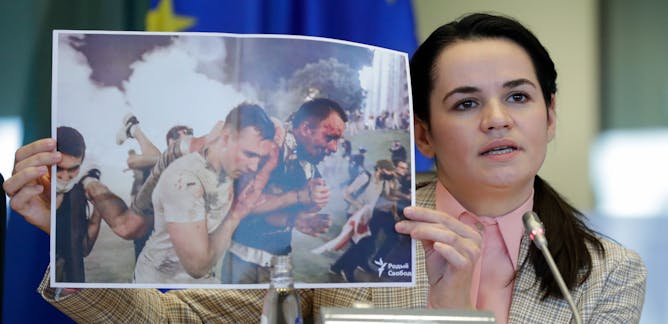
Kanstantsin Dzehtsiarou, University of Liverpool
Why haven't international and European human rights organisations done more to protect the human rights of Belarusians?
| |

Hussa Khalid, Loughborough University
Sports diplomacy has eased relationships between nations before – here's how it could help Israel, Bahrain and the UAE as they enter into new peace accords.
|
|
|
Environment + Energy
|
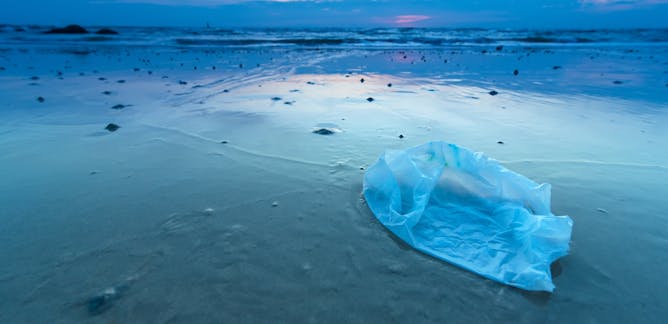
Deirdre McKay, Keele University
By combining plastic waste with durian wood sawdust, we may have found a way to slow the rise of plastic pollution in Indonesia.
| |
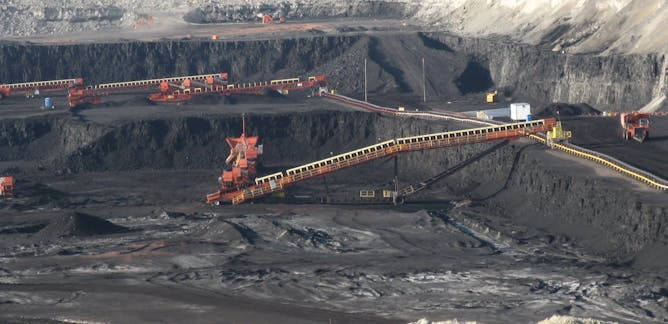
Bradley Handler, Colorado School of Mines; Matt Henry, University of Wyoming; Morgan Bazilian, Colorado School of Mines
The pandemic recession has reduced US energy demand, roiling budgets in states that are major fossil fuel producers. But politics and culture can impede efforts to look beyond oil, gas and coal.
|
|
|
COVID-19
|

Samantha Vanderslott, University of Oxford
Public trust is key to a successful immunisation programme.
| |

William Petri, University of Virginia
Several vaccines are in Phase 3 trials. So when will we know whether any of these will protect against COVID-19?
|
|
|
En español
|
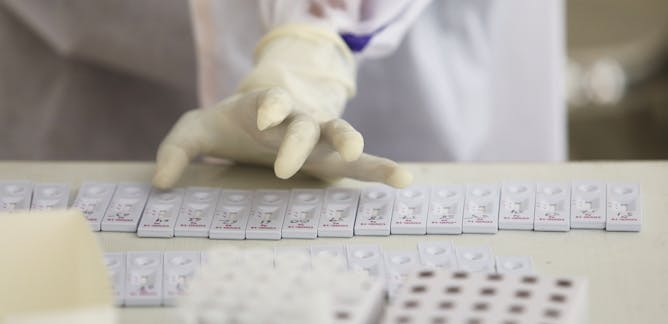
Ignacio López-Goñi, Universidad de Navarra
Estos test son más rápidos que una PCR, pero no son igual de fiables. Aun así, en determinadas circunstancias pueden ser muy útiles para controlar la pandemia.
| |
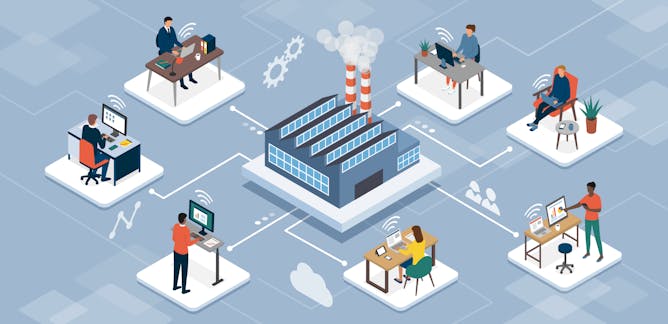
Pedro César Martínez Morán, Universidad Pontificia Comillas; José María Ortiz Lozano, Universidad Pontificia Comillas; Víctor Luis De Nicolás, Universidad Pontificia Comillas
La opción del teletrabajo, que ha crecido durante los confinamientos, se ha visto refrendada con la correspondiente legislación.
|
|
|
En Français
|

Franck Montmessin, Université de Versailles Saint-Quentin-en-Yvelines (UVSQ) – Université Paris-Saclay
Revenons sur la possible découverte de phosphine dans l’atmosphère vénusienne, ses implications et ses limites.
| |
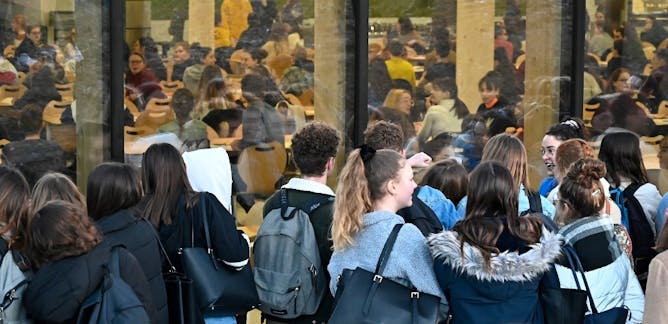
François Taddei, Centre de Recherches Interdisciplinaires (CRI); Gaëll Mainguy, Centre de Recherches Interdisciplinaires (CRI); Marie-Cécile Naves, Centre de Recherches Interdisciplinaires (CRI)
Pour répondre aux défis du XXIᵉ siècle, l’École ne doit pas seulement rendre les élèves acteurs de leurs apprentissages, mais aussi les accompagner dans les prises de décision qui les concernent.
|
|
|
| |
| |
| |
| |
| |
| |
|
|
|
|
|
|
|